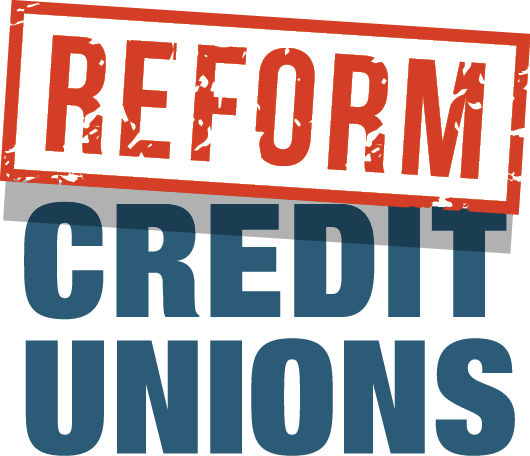The growing trend of credit unions buying banks is troubling in many ways. Perhaps the worst is that communities where large credit unions swoop in–especially in low- and middle-income areas–do not benefit from these transactions, despite egregious claims made by the head lobbyist for the largest credit unions in a factually tenuous op-ed in the American Banker.
Let us consider the facts:
Taxpayers at the federal, state, and local levels are the losers in these transactions: In these deals, credit unions are leveraging their tax status to take taxpaying banks off the tax rolls for good. All credit unions are exempt from income taxes at the federal level; most are exempt at the state and local level as well. The suggestion that this is a wash for taxpayers is laughable.
Credit unions are leveraging their tax advantage to make the M&A economics work: A dollar of future earnings when a bank buys a bank is only worth 79 cents given the bank will have to pay income taxes on that future income stream. A dollar of future earnings to a credit union is worth a dollar since it doesn’t pay the tax. The consultants pushing banks to sell to credit unions are not shy about this reality – one recently gave a presentation and told bankers to sell to credit unions because of the “expense reductions” inherent to credit unions that are “completely unfair to banks” – a not-so-subtle reference to the tax exemption.
These deals raise serious regulatory concerns: Credit unions take full advantage of their exemption from the Community Reinvestment Act (CRA) and Hart-Scott-Rodino Antitrust Act to short-circuit the merger review process. Federal regulatory approval becomes a rubber stamp, something that makes credit unions more attractive purchasers to banks that want to sell. Once these deals are completed, the credit union becomes more complex and harder to supervise. Analysts are increasingly raising serious questions about whether the National Credit Union Administration (NCUA) is up to the task of overseeing the largest credit unions; credit unions that buy banks only exacerbate those concerns.
Credit unions are targeting affluent communities with these deals. We are not talking about acquisitions in places with limited banking access. Between 2012 and 2021, more than 70 percent of the branches of banks targeted for acquisition by credit unions were in an upper- or middle-income census tracts, and only 13 branches out of almost 200 were in low-income areas. More generally, analysis shows that credit unions are increasingly targeting wealthy communities, serving wealthy consumers, and are actually contributing to widening economic inequality, particularly as they continue to buy banks and expand into commercial lending.
The bottom line: These transactions puncture the illusion that credit unions are “different.” It’s hard to argue that large credit unions are any different from banks when they’re buying them, expect that they don’t have to meet the same rules or pay federal taxes. These transactions highlight the growth and profit-seeking desires of credit union executives, and the lack of limitations on who can join credit unions.
Our suggestion for a solution is an easy one: Credit unions that want to act like a bank should become one by changing charters.
